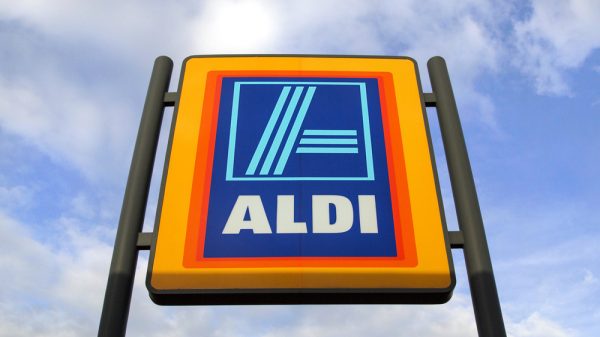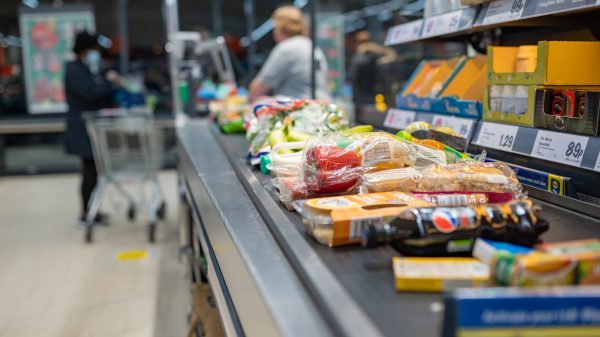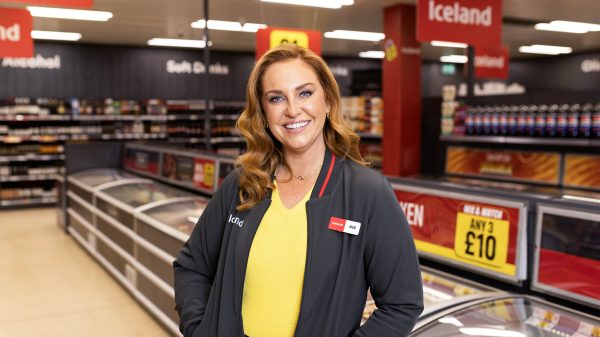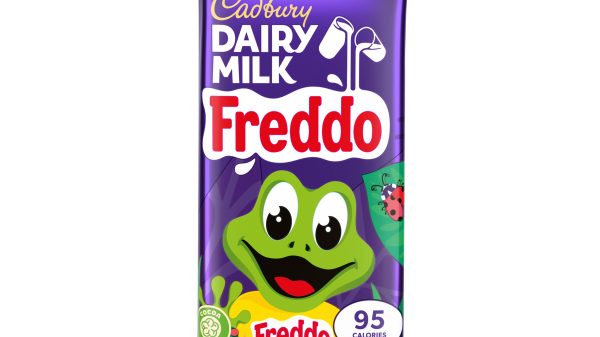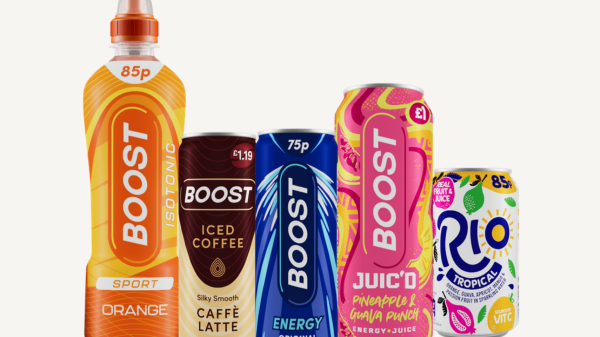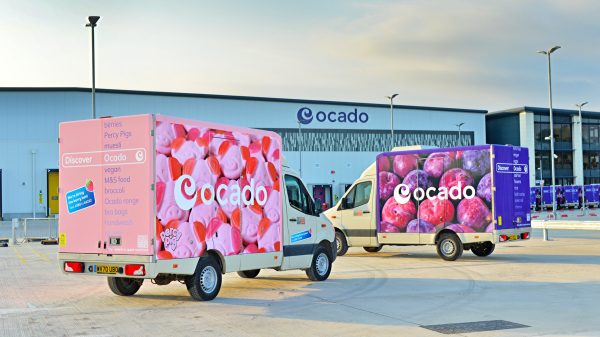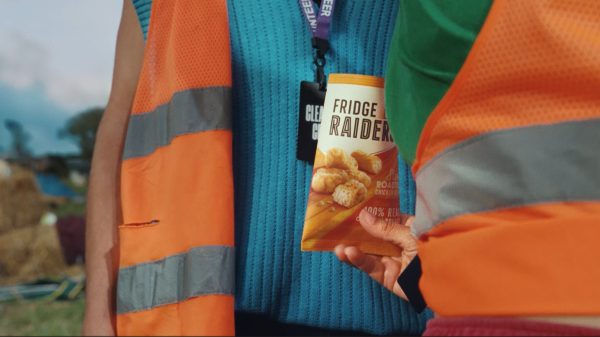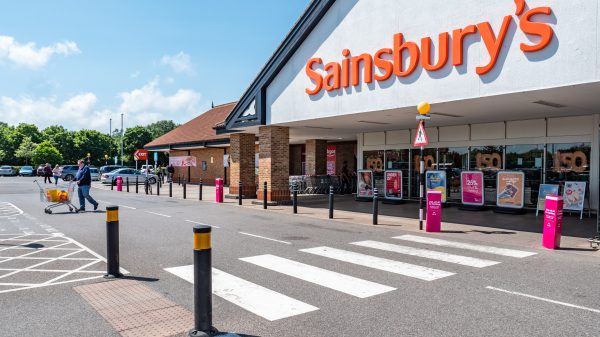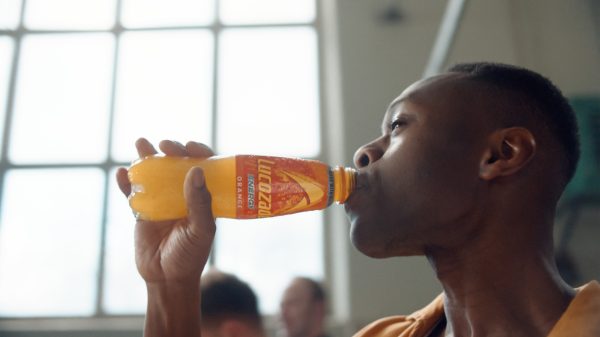It’s that time of year when retail ads fill our screens with bright lights and snow-covered scenes, but – to retailers a good brand building strategy is for life, not just for Christmas.
The past year has shown us that sustained marketing is the only real way to translate attention into consistent sales – and with the top 75 UK brands growing faster than the FTSE 100, it’s clear that brand equity has a significant influence over a business’ financial performance.
Our data indicates that the best performing brands in the UK are those that have been investing in marketing and advertising for years – and doing it well.
Retailers are rightly putting emphasis on their Christmas campaigns this month, but that commitment – of both money and time to create high quality marketing – needs to happen all year round.
READ MORE: Advert Calendar: Our take on the biggest grocery Christmas ads
Playing the long game
During such a volatile time for the British high street, it can be tempting for businesses to cut marketing budgets or divert funds away from brand building work in favour of campaigns aimed more directly at immediate sales conversions.
But as retailers battle to stay relevant amid rapidly changing consumer behaviour, investing in marketing is essential and a strong brand identity built over time sets a retailer apart from its competitors in ways which one-off campaigns don’t.
As consumer trends evolve, a business which has a solid foundation with its customers is much better placed to adapt quickly and capitalise on new opportunities. It is able to reinforce rather than rebuild loyalty.
Two years ago, Greggs was faced with the rising trend of flexitarian and vegan diets. Though the baker was at the time known primarily for its meat-filled goods, its years-worth of profile building and customer engagement enabled it to expertly refresh its identity with the introduction of its now iconic vegan sausage roll.
This adaptability meant that Greggs was able to benefit from the opportunity, attracting new customers without losing its loyal base.
READ MORE: Breaking into FMCG: Lisa MacFarlane, The Gut Stuff
Weathering crises
We saw the power of a great retail brand in evidence during the pandemic – it was the strongest brands who were most resilient commercially.
This strength was sometimes found in surprising places. Last year Corona beer showed us that a well-established brand can even withstand the misfortune of sharing its name with a deadly pandemic.
If ever a business was destined to struggle over the last 18 months, it was Corona. But the Mexican brewer did more than survive; in fact it became one of the best-performing beers in its category, increasing its brand value by 13 per cent.
Corona’s brand boost was thanks to the work it had done building its reputation for decades before, which allowed it to avoid suffering from name associations and to take advantage of the heightened demand for take-home beer while bars and restaurants were closed.
Even when markets might appear to be booming, retailers can still profit from investing in building its profile. Tesco exemplified that while customers were relying on supermarkets more than ever last year.
READ MORE: Ecoeats: meet the eco-friendly takeaway delivery company making a splash at COP26
The supermarket’s marketing communications, both online and in store, focused heavily on two themes: keeping customers safe and its online “food love stories”, the success of which both relied and built on its long-standing reputation as a reliable and community-centred business.
Tesco now has one of the top five most valuable brands in the UK across all sectors, not just grocery.
There is evidence for the sheer power of a strong brand and this will become increasingly crucial to retail businesses’ commercial success as consumer behaviour continues to move towards online. With fewer shoppers visiting the high street, retailers will need to work harder than ever to ensure that their business is at the front of customers’ minds.
By focusing on long-term marketing retailers can build a buffer of brand equity to help weather crises, adapt to changing trends and stand out among competitors.
By Dom Boyd, managing director, UK (insights and offer) at Kantar

